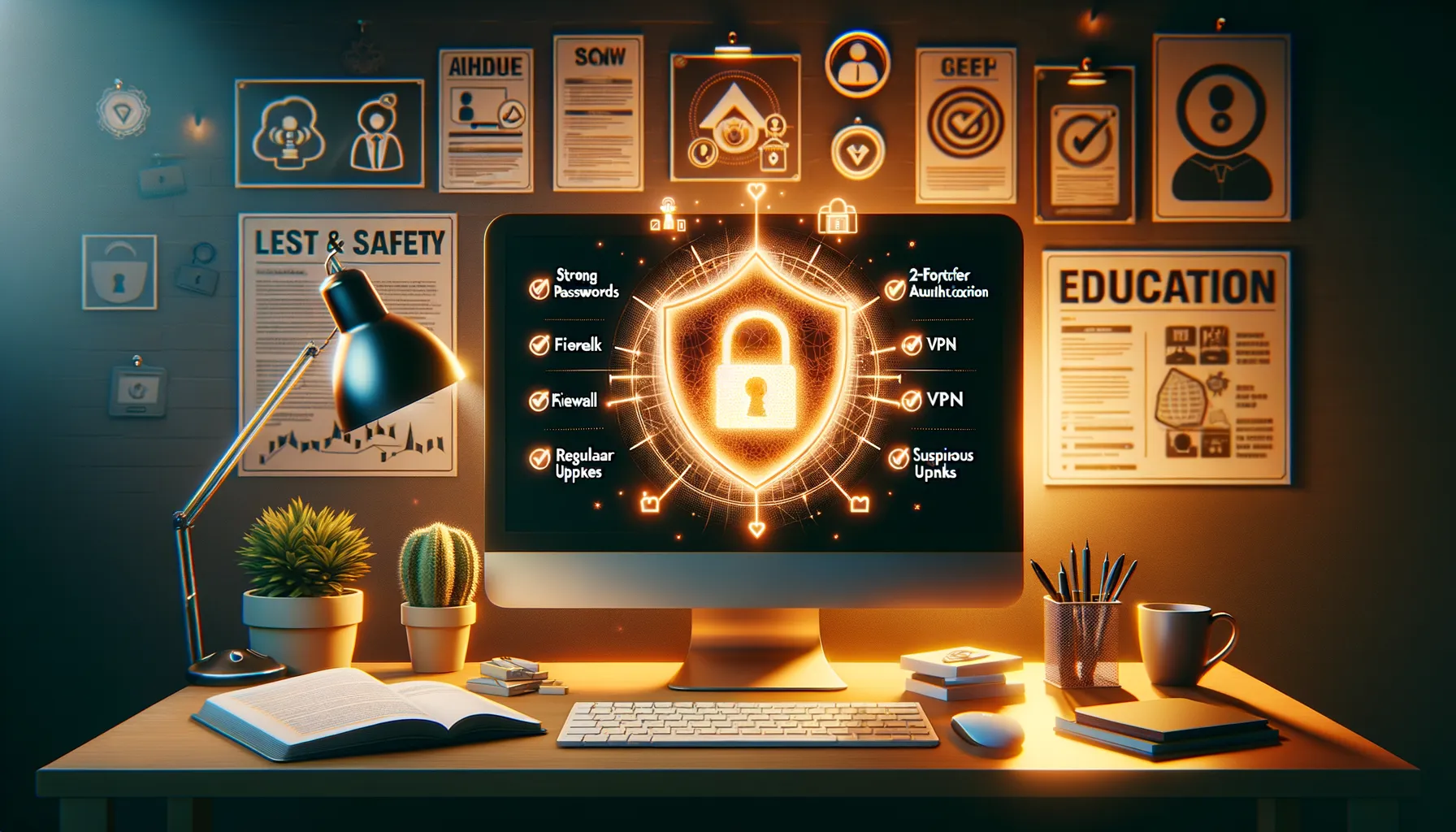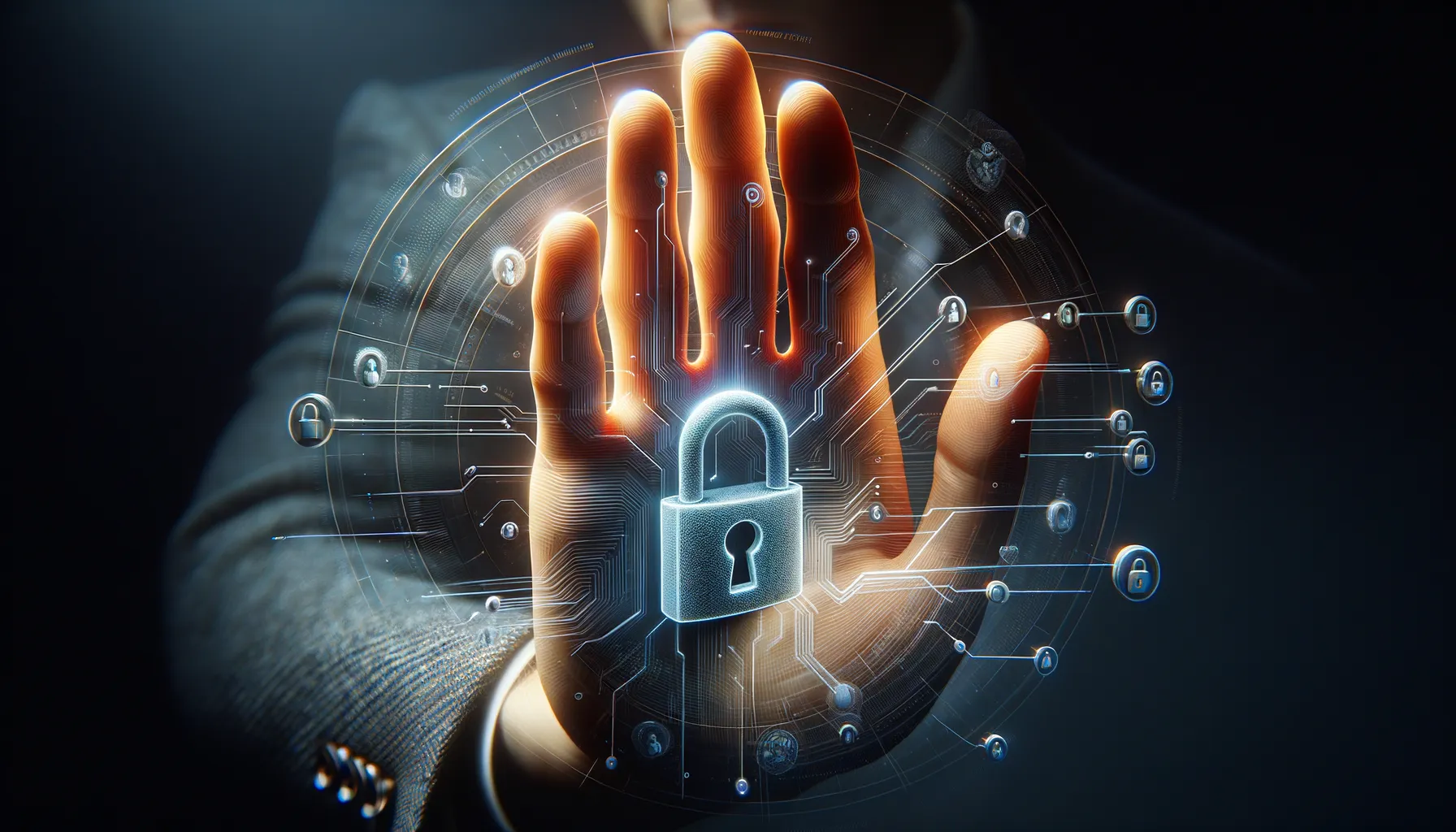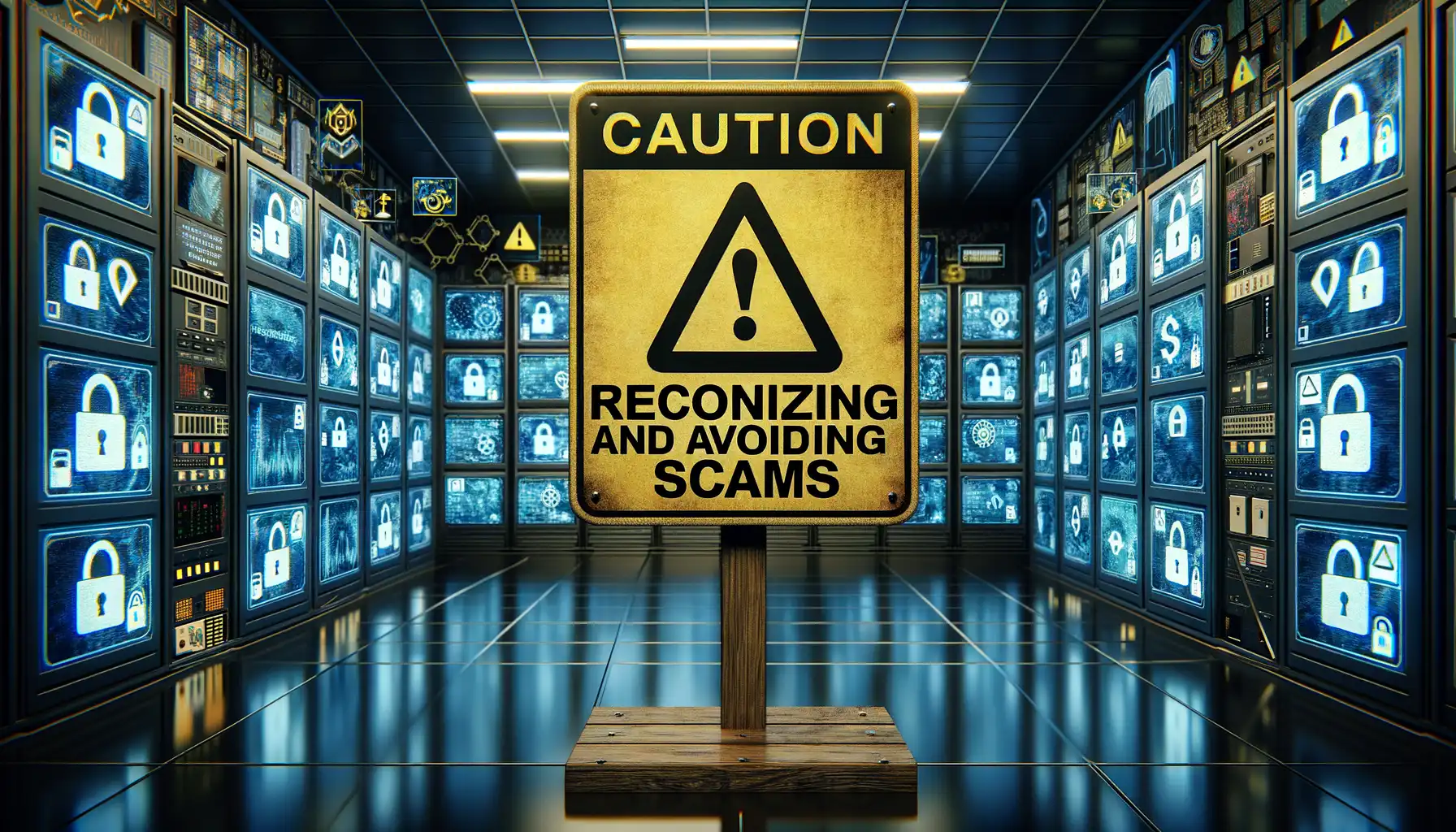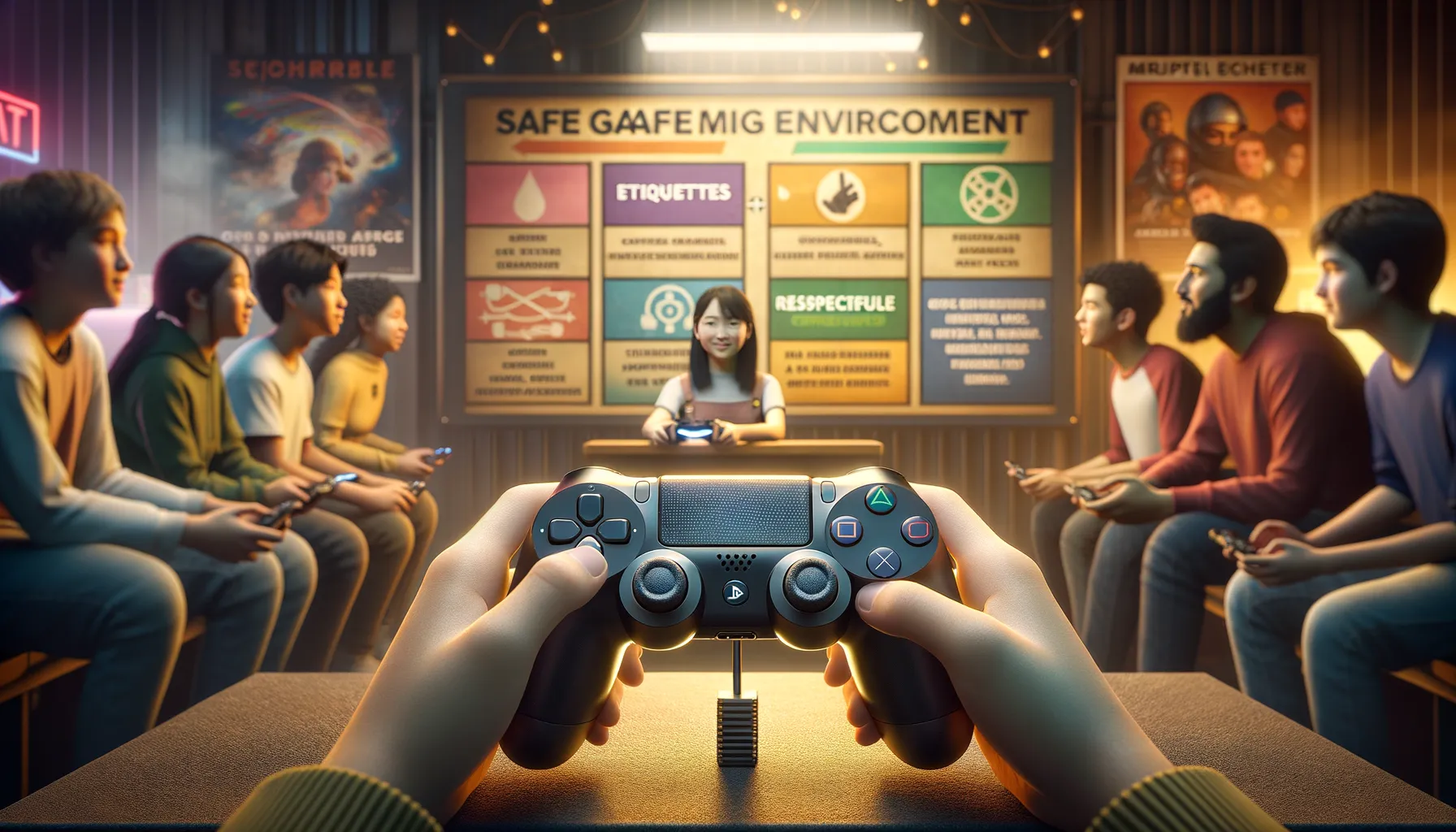Understanding Online Gaming Risks
Spotting the Shadows in the Gaming World
Online gaming is like venturing into a vast, thrilling realm filled with opportunities to connect and compete. But lurking behind the excitement are risks that can creep up when you least expect them. Imagine this: you’re deep into an intense multiplayer session when a request pops up asking for your login details. What seems like a harmless prompt might actually be a scam ready to exploit your trust.
Gaming platforms thrive on interaction, but these connections come with vulnerabilities. Predators or cybercriminals may hide behind friendly avatars, aiming to gain access to personal information or money. Worse yet, malware often disguises itself as game mods or software updates, waiting to ensnare unsuspecting gamers.
Common Online Game Risks That Could Catch You Off Guard
Sometimes, the dangers are subtle, but they can cause serious damage if ignored. Keep an eye out for these traps:
- Phishing Links: Fraudulent links that steal your credentials. They can show up in chats or even in emails pretending to be from the game’s developers.
- Account Hacking: Weak passwords make it easier for hackers to gain access, wipe your progress, or trade your hard-earned items.
- Toxic Interactions: Unfiltered chats and forums can lead to bullying, harassment, or worse, grooming.
Remember, being informed is your first power-up to stay ahead of these risks!
Best Practices for Online Safety

Stay One Step Ahead of Threats
Let’s face it—online gaming is thrilling, but it’s not without its hidden dangers. Players often focus so intensely on scoring that they forget about unseen risks lurking in the virtual shadows. Thankfully, you don’t have to be a cybersecurity expert to stay safe. A few smart habits can shield you from trouble while keeping the fun alive.
Start by managing your passwords wisely. Forget birthdays and pet names! Opt for strong, unpredictable passwords with a mix of letters, numbers, and symbols. Better yet, use a password manager to keep things secure (and remember them). Never reuse passwords across platforms—yes, even if it’s tempting!
Then there’s the software side. Keep your devices updated! Outdated systems are like wide-open doors to hackers. Enable auto-updates when possible, and don’t ignore those nagging alerts asking you to update your operating system or game client.
- Enable two-factor authentication (2FA) for an extra layer of security.
- Avoid clicking on suspicious links in chat rooms or emails, even if they seem from friends.
- Download games only from reputable sources like official stores—pirated games can come with nasty surprises.
Identify Red Flags Early
Not everything glittering in your game world is gold. Beware of impersonators—it’s surprisingly easy for someone to create a fake friend request mimicking someone you know. Double-check profiles if something feels off.
If a fellow gamer starts pestering you for personal information like phone numbers, addresses, or account details, politely back away. Stick to keeping your conversations game-focused—unless, of course, you’re 100% sure who you’re talking to. Remember, a real friend values boundaries as much as camaraderie!
Protecting Personal Information

Why Your Personal Details Matter
When you’re diving into an intense gaming session, the last thing on your mind is probably your personal data. But trust me, protecting it is as important as leveling up in your favorite game. Why? Because those little details—your name, address, or even your email—are like precious loot to cybercriminals. They can use them to craft scams, steal identities, or even access your accounts. Scary, right?
Imagine this: You join a new gaming forum and casually share your real birthday in a profile bio. That piece of information might seem harmless, but to the wrong person, it becomes a puzzle piece for breaking into your accounts. The lesson? Be stingy with your details!
- Use a unique gaming alias instead of your real name.
- Avoid sharing sensitive info like your home address or phone number—even if someone claims to need it for “prizes.”
- Set strong passwords and think twice before linking social media accounts to games.
Behind the Scenes: Keeping Accounts Locked Tight
A key vulnerability people often overlook is their account. Are you using the same password across platforms? Don’t! That’s like leaving your front door wide open—it’s just an invitation for trouble. Create a different password for every gaming account, mixing upper and lowercase letters, numbers, and special characters. Tools like password managers can help you juggle them easily.
And let’s talk two-factor authentication (2FA). It’s like having a secret handshake only you know. Even if someone gets your login credentials, they’ll hit a digital wall when 2FA kicks in. Most gaming platforms let you enable this feature, so don’t skip it—it’s a game-changer for your security!
Recognizing and Avoiding Scams

Spotting Red Flags: Don’t Let Scammers Win
Picture this: you’re immersed in your favorite online game, and suddenly, a “too-good-to-be-true” deal pops up. A rare skin or weapon for just a few bucks? Tempting, yes—but hold on! That shiny bait might come attached to a hook, and if you’re not careful, scammers will reel you right in.
Scammers are masters of disguise. They often pose as fellow gamers or even impersonate official game staff. Here’s how you can sniff out their tricks:
- Unsolicited messages: Did someone out of the blue offer a trade or ask for your login info? Huge red flag!
- Too-good-to-be-true offers: If it feels like a jackpot, it’s probably fake. Rare items shouldn’t fall into your lap effortlessly.
- Shady links: Links asking you to log in or share credentials? Don’t click—scammers love stealing accounts.
Defensive Moves: Outsmart the Tricksters
The best way to avoid scams is to play smart. Always verify before trusting—and never rush into decisions. Double-check usernames or emails of anyone claiming to be from the game’s support team. Stick to official platforms for purchases and trades; scams thrive on shady third-party sites.
And remember: your account is like treasure. Guard it fiercely. No one—not even a friend—should ever need your password.
Promoting a Safe Gaming Environment

Building Trust in Gaming Communities
Ever notice how a truly great game feels like stepping into another world? A safe gaming environment is like that magical realm—but without the lurking dangers. It’s about creating spaces where players feel relaxed, respected, and free to enjoy themselves. And believe me, this starts with **you**.
Start small: set the tone in your favorite gaming community. Be the player who calls out toxic behavior or shows kindness during heated moments. It’s not just about being polite; it’s about weaving trust and camaraderie into the fabric of your group. After all, games are better when everyone feels included and valued.
Keep an eye out for red flags too! These might include:
- Players pressuring others to share personal details.
- Harsh “jokes” that cross into abusive territory.
- Sneaky links in chat promising freebies (spoiler: they’re usually traps).
When in doubt, trust your gut. Report misconduct to moderators or game developers because defending a positive space benefits *everyone*. Together, we’re stronger—and a little vigilance ensures our worlds, virtual or otherwise, stay vibrant and safe.



